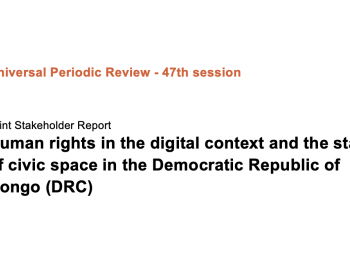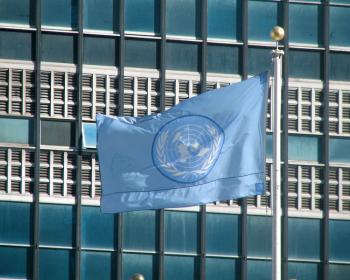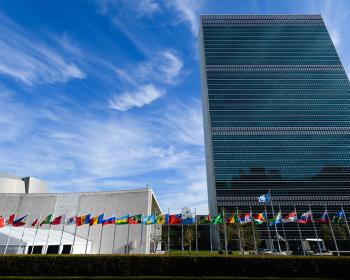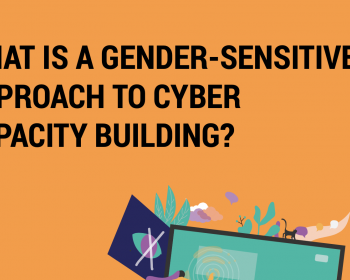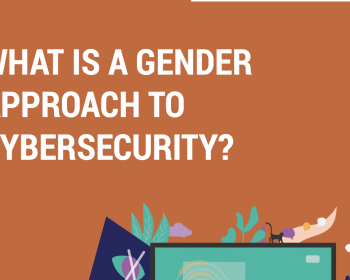cybersecurity
This joint stakeholder report prepared by APC and Rudi International for the 47th session of the Universal Periodic Review (UPR) focuses on human rights in the digital context and the state of civic space, including online, in the Democratic Republic of Congo (DRC).
The digitisation of Zimbabwe’s judiciary marks a significant stride forward in the nation’s digital transformation. However, there’s an immediate need for cross-sector collaboration to ensure that this advancement doesn’t restrict access to justice.
APC believes that civil society has a key role to play in the implementation of cybersecurity norms through research grounded in local and national contexts, and increasing awareness and building capacity of stakeholders for norms compliance.
The internet and connected devices are being weaponised in ways that negatively impact on human rights, such as through surveillance, hacking, censorship, and intentional disruption of internet services and access.
This edition focuses on the human dimension of cybersecurity, asking how cybersecurity policies developed from the centres of political, economic and epistemological power affect those at the margins, and how we can think about cybersecurity from a feminist perspective.
The input to the progress report of the UN Open-ended Working Group on developments in the field of ICT in the context of international security (OEWG) makes recommendations to ensure implementation of responsible state behaviour in cyberspace in a human-centric and rights-respecting manner.
APC is currently participating in the fifth substantive session of the UN Open-ended Working Group on developments in the field of ICT in the context of international security (OEWG), where it will continue to emphasise the need for a human rights-based approach to the work of the group.
A gender-sensitive approach to cyber capacity building understands and considers the gendered impacts and implications of cyber threats, and calls for specific steps to address the needs, priorities and capacities of women and people of diverse sexualities, gender expressions and identities.
A gender approach to cybersecurity is a perspective that seeks to rethink individual and collective responsibilities for the cybersecurity of individuals and groups, making cybersecurity responsive to the complex, differentiated and intersectional needs of people based on a wide range of factors.
Derechos Digitales has mapped cases involving the abusive use of cybercrime regulation to silence and criminalise women and LGBTQIA+ people around the world, and the results warn of the inherent danger of imposing international standards in this matter without building in human rights safeguards.

Association for Progressive Communications (APC) 2022
Unless otherwise stated, content on the APC website is licensed under Creative Commons Attribution 4.0 International (CC BY 4.0)



